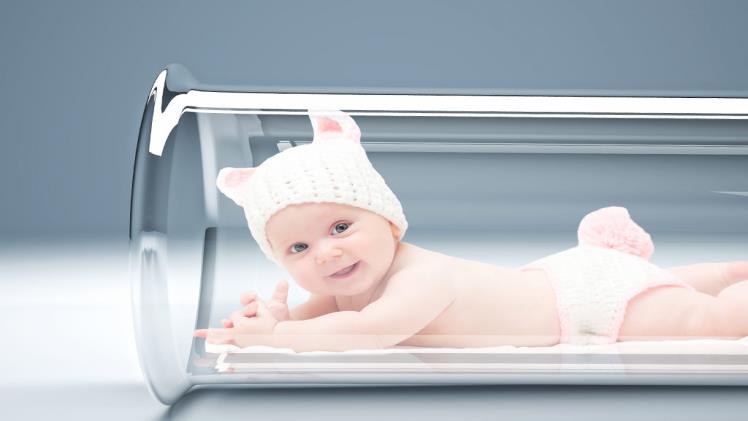Assisted reproductive technology, including in vitro fertilization at Integrated Family Medical Center has made it possible for you to get a child despite withstanding medical conditions that affect fertility. These problems may include endometriosis, polycystic ovary syndrome, and issues with your fallopian tubes. Other reasons you may also consider in vitro fertilization are if your male partner has a low sperm count or you wish to avoid passing on genetic inherited disorders to your child.
The decision to proceed with in vitro fertilization can be challenging as the process is expensive and offers no guarantee of success. Consulting with your doctor will help you understand how IVF works, the risks involved, and whether it is the proper fertility treatment.
What Is In Vitro Fertilization?
In vitro fertilization is a method of assisted reproduction involving a complex series of procedures to help conceive or prevent inherited genetic problems in a baby. During IVF, the woman’s egg and the man’s sperm are combined or allowed to fertilize outside the body in a laboratory. Once fertilization occurs, the embryo or embryos are transferred to a uterus. The procedure can involve your own eggs and your partner’s sperms or include eggs and sperms from a donor, known or anonymous. In other cases, the embryo may be implanted in someone else’s uterus – a gestational carrier. This is the most effective form of assisted reproductive technology but may vary depending on age and the cause of infertility.
Why Would I Need In Vitro Fertilization?
Two main reasons why you may need IVF as a treatment for infertility and genetic problems. Your doctor may recommend IVF after trying less-invasive options like fertility drugs to stimulate and increase egg production. However, in vitro fertilization is used as a primary infertility treatment for women above 40 years. Intrauterine insemination is another fertility treatment method where the doctor places sperms directly in the uterus close to your ovulation period. You may consider IVF if you or your partner has:
- Ovulation disorders- The ovary produces fewer eggs for fertilization if you have frequent or absent ovulation.
- Endometriosis- It occurs when endometrial-like tissue grows outside the uterus, affecting the functioning of reproductive organs, including the uterus, ovaries, and fallopian tubes.
- Uterine fibroids- This is the growth of tumors inside the uterus and is common for women between 30-40. The presence of fibroids in the uterus interferes with the implantation of the fertilized egg.
- Damaged or blocked fallopian tubes- Your chances of fertilization and implantation are low if your fallopian tubes are damaged or blocked.
What Are the Possible Risks?
As with all medical treatments, there are various risks associated with in vitro fertilization, including the side effects of IVF medicines, egg retrieval process, embryo transfer, and pregnancy journey. The chances of in vitro fertilization include:
- Preterm delivery and low birth weight. IVF puts you at risk for multiple births, which could, in turn, result in premature labor. The child may also have health complications such as cerebral palsy, lung development problems, and intestinal infections.
- Ovarian hyperstimulation syndrome. This results from using injectable fertility drugs, which can make your ovaries swollen and painful.
- Miscarriage.
- Ectopic pregnancy.
- Pelvic infection.
If you have been considering in vitro fertilization or have further questions about the procedure, consult with your New York Fertility Institute specialist.

